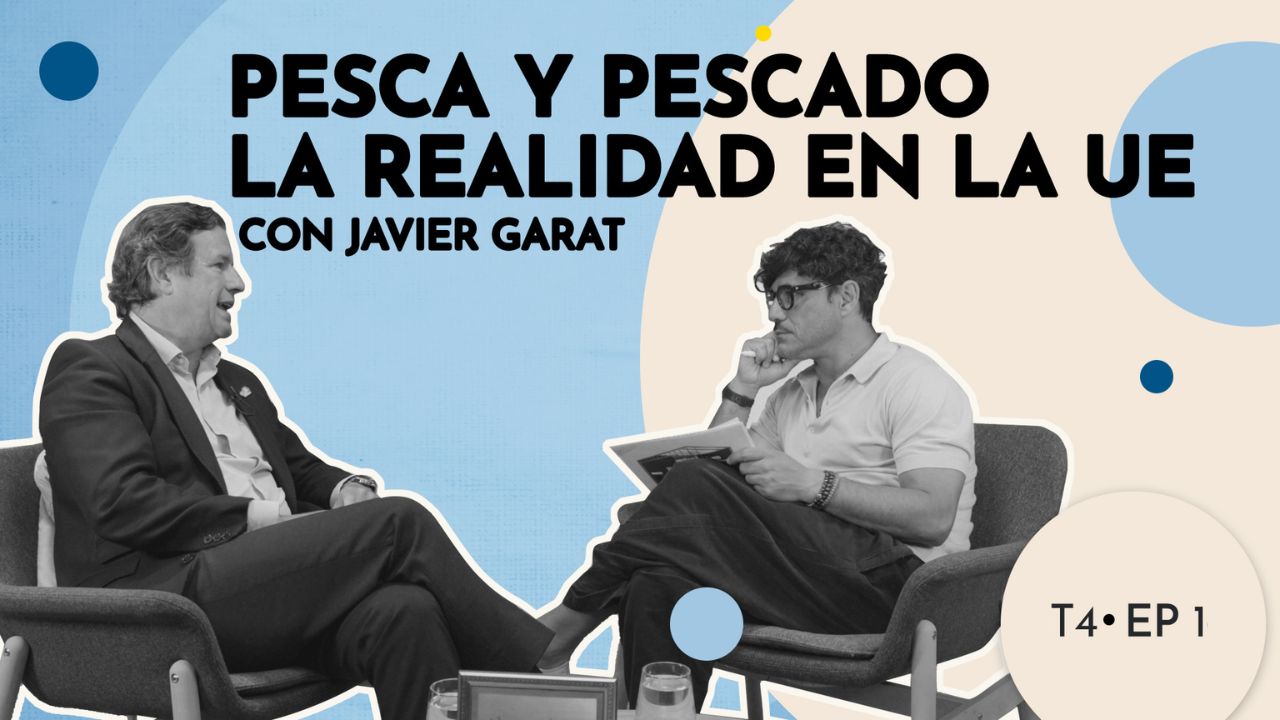
Spanish Fishing: The Reality of the Fishing Sector in the EU
Sustainability and Challenges in Fishing: The Perspective of Javier Garat
Javier Garat, a leader in the fishing sector, offers his views on the Spanish fishing industry and its role in the European market. He shares his perspective on the challenges and opportunities in the fishing industry, with a particular focus on sustainability and the management of marine resources.
The Evolution and Adaptation of the Fishing Sector
Garat examines the changes and challenges in the fishing sector, highlighting the influence of European regulations. According to the FAO, sustainability in fisheries is crucial for ensuring global food security, with over 20% of animal proteins worldwide coming from fish and seafood (Source: [FAO](http://www.fao.org/state-of-fisheries-aquaculture)).
Impact of Policies on Fishing
Policies and regulations have had a significant impact on the fishing industry. Eurostat reports that European fishing fleets have decreased by 30% in the last two decades, reflecting the direct impact of these policies (Source: [Eurostat](https://ec.europa.eu/eurostat)).
Sustainable Management of Marine Resources
Garat discusses the importance of sustainable management of marine resources. A study by the European Commission indicates that sustainable fishing practices can significantly improve the health of the oceans and marine biodiversity (Source: [European Commission](https://ec.europa.eu/maritimeaffairs/policy/sustainable_fishing_en)).
The Future of the Fishing Sector: Innovation and Challenges
Garat highlights the need for innovation and adaptation to meet new global challenges. According to a report by the OECD, technology and innovation will be key to addressing future challenges in the fishing sector (Source: [OECD](https://www.oecd.org/agriculture/topics/innovation-and-technology-in-agriculture/)).
Conclusion: Towards a Sustainable and Responsible Fishing Sector
In summary, Garat’s vision emphasizes the urgent need to transform fisheries towards a sustainable and ethical approach. This not only preserves the marine environment and its resources but also contributes to long-term economic prosperity and the well-being of communities dependent on fishing.
